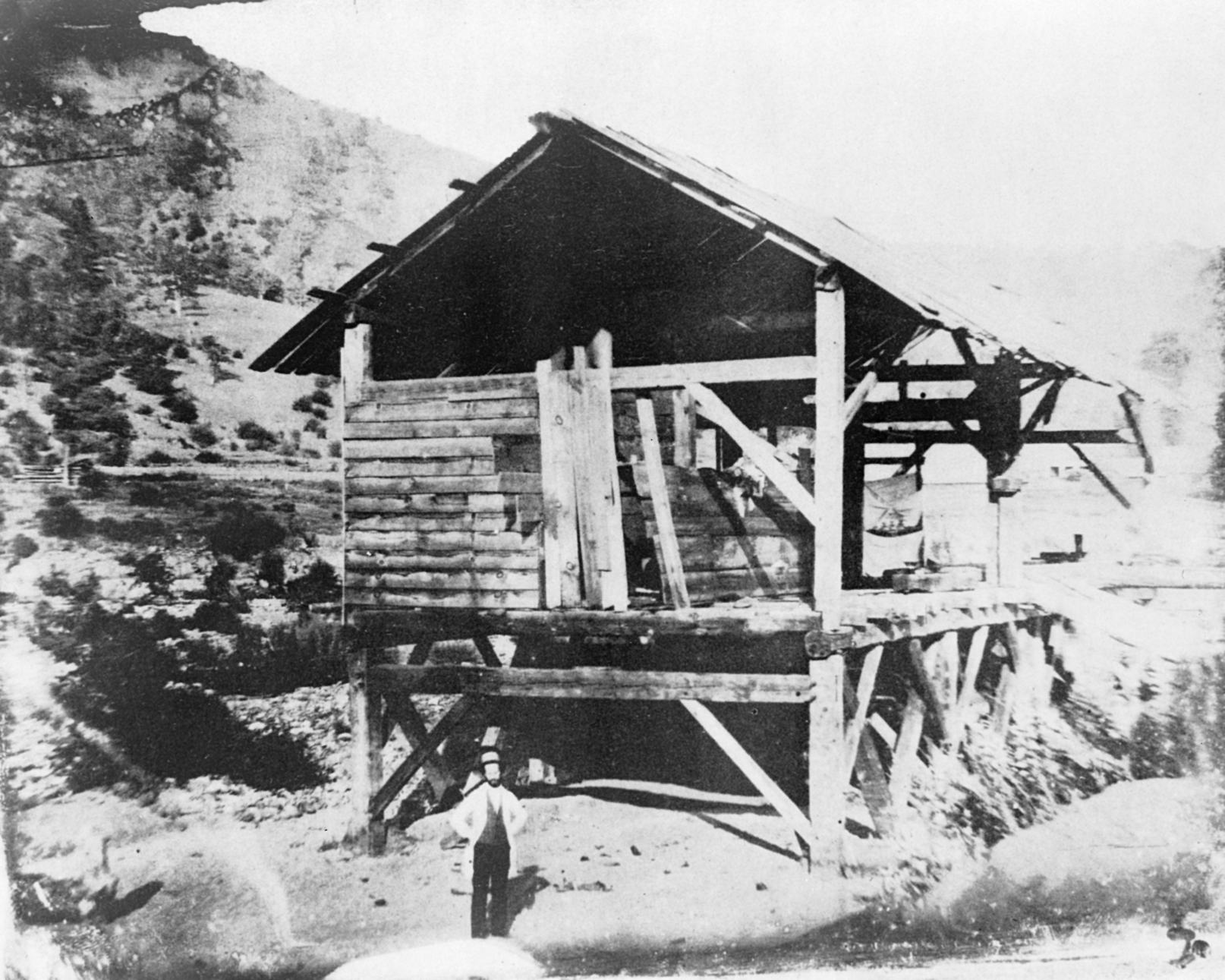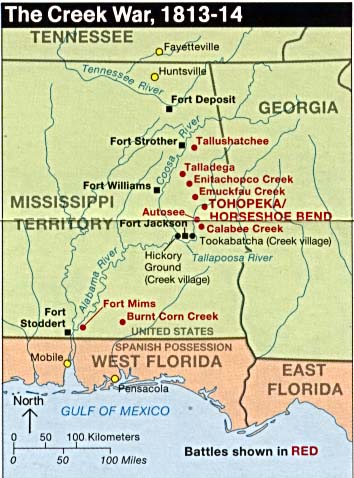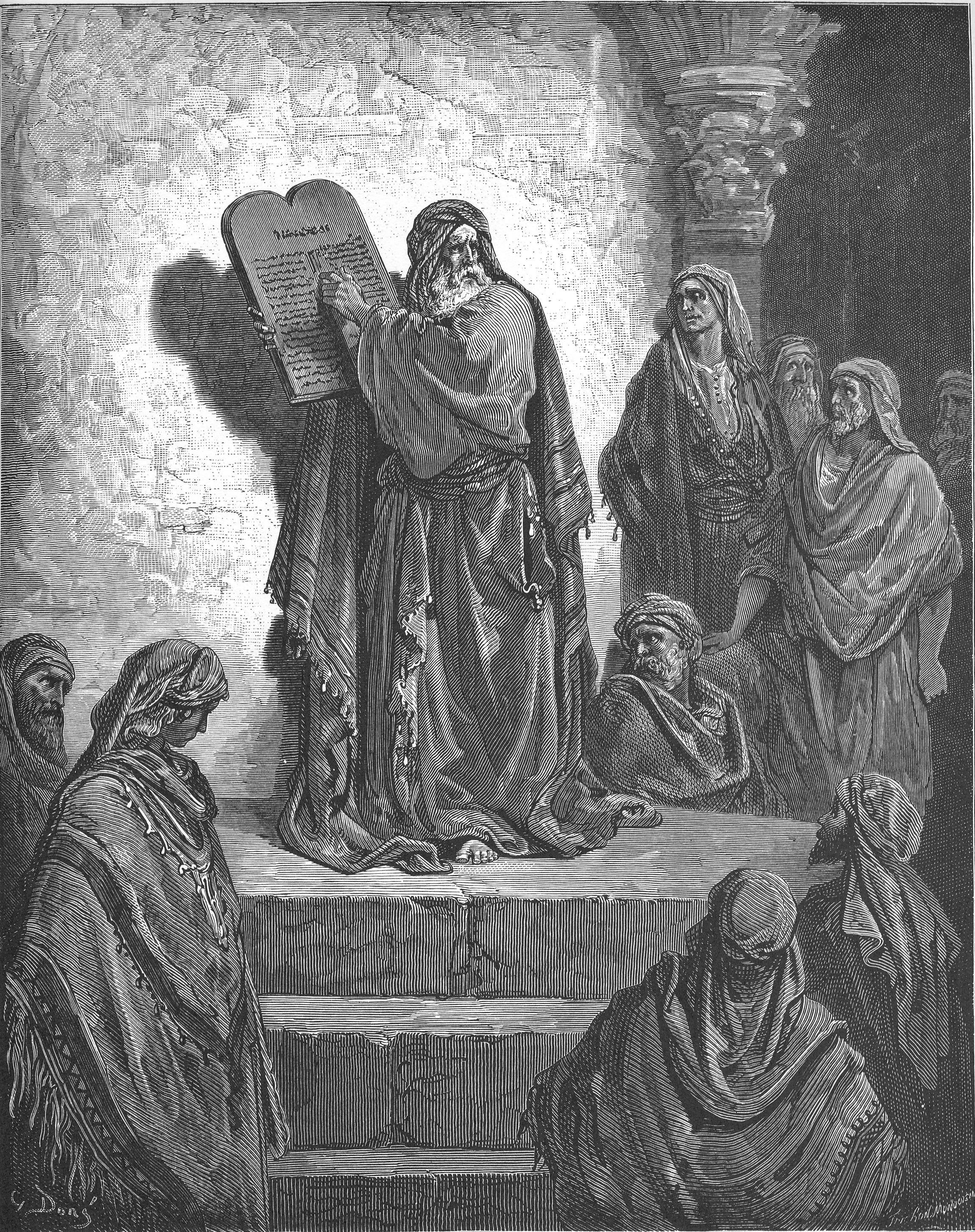|
Winfield S. Featherston
Winfield Scott Featherston "Old Swet" (August 8, 1820 – May 28, 1891) was an antebellum two-term U.S. Representative from Mississippi and a brigadier general in the Confederate States Army during the American Civil War. He was later a state politician and a circuit court judge. Early life and career Winfield Scott Featherston was born near Murfreesboro, Tennessee on August 8, 1820. Warner, Ezra J. ''Generals in Gray: Lives of the Confederate Commanders.'' Baton Rouge: Louisiana State University Press, 1959. . p. 86. He was the youngest of seven children of Charles and Lucy Featherston, who had recently emigrated from Virginia. Featherston completed his preparatory studies, but left high school in 1836 to enroll in a local militia group to fight Creek Indians during the Creek War. He later moved to Mississippi and settled in Houston, where he studied law. He was admitted to the bar in 1840 and established a successful law practice. Featherston was elected as a Democrat to ... [...More Info...] [...Related Items...] OR: [Wikipedia] [Google] [Baidu] |
Mississippi
Mississippi () is a state in the Southeastern region of the United States, bordered to the north by Tennessee; to the east by Alabama; to the south by the Gulf of Mexico; to the southwest by Louisiana; and to the northwest by Arkansas. Mississippi's western boundary is largely defined by the Mississippi River. Mississippi is the 32nd largest and 35th-most populous of the 50 U.S. states and has the lowest per-capita income in the United States. Jackson is both the state's capital and largest city. Greater Jackson is the state's most populous metropolitan area, with a population of 591,978 in 2020. On December 10, 1817, Mississippi became the 20th state admitted to the Union. By 1860, Mississippi was the nation's top cotton-producing state and slaves accounted for 55% of the state population. Mississippi declared its secession from the Union on January 9, 1861, and was one of the seven original Confederate States, which constituted the largest slaveholding states in t ... [...More Info...] [...Related Items...] OR: [Wikipedia] [Google] [Baidu] |
30th United States Congress
The 30th United States Congress was a meeting of the legislative branch of the United States federal government, consisting of the United States Senate and the United States House of Representatives. It met in Washington, D.C. from March 4, 1847, to March 4, 1849, during the last two years of the administration of President James K. Polk. The apportionment of seats in the House of Representatives was based on the Sixth Census of the United States in 1840. The Senate had a Democratic majority, and the House had a Whig majority. It was the only Congress in which Abraham Lincoln served. Major events * July 1, 1847: United States issued its first postage stamps * January 24, 1848: Gold found at Sutter's Mill, beginning the California Gold Rush * January 31, 1848: Washington Monument established * February 23, 1848: Former President John Quincy Adams, now a Congressman representing Massachusetts, dies in the Speaker's office after suffering a stroke in the House Chambers. * ... [...More Info...] [...Related Items...] OR: [Wikipedia] [Google] [Baidu] |
Admission To The Bar In The United States
Admission to the bar in the United States is the granting of permission by a particular court system to a lawyer to practice law in the jurisdiction and before those courts. Each U.S. state and similar jurisdiction (e.g. territories under federal control) has its own court system and sets its own rules for bar admission, which can lead to different admission standards among states. In most cases, a person is "admitted" or "called" to the bar of the highest court in the jurisdiction and is thereby authorized to practice law in the jurisdiction. Federal courts, although often overlapping in admission standards with states, set their own requirements for practice in each of those courts. Typically, lawyers seeking admission to the bar of one of the U.S. states must earn a Juris Doctor degree from a law school approved by the jurisdiction, pass a bar exam administered by the regulating authority of that jurisdiction, pass a professional responsibility examination, and undergo ... [...More Info...] [...Related Items...] OR: [Wikipedia] [Google] [Baidu] |
Houston, Mississippi
Houston is a city in and one of two county seats of Chickasaw County, Mississippi, Chickasaw County, in northern Mississippi, United States. The population was 3,623 at the 2010 United States Census, 2010 census. History Native Americans in the United States, Native American groups had long used the future Chickasaw County for millennia before the coming of European adventurers. Eventually the natives were essentially forced out of the area. An Treaty of Pontotoc Creek, 1832 treaty finally made the area secure for settlement, and emigrants rapidly moved in. The formation of Chickasaw County was authorized on February 9, 1836, and a few days later a committee was authorized to determine the location of the county seat. Judge Joel Pinson offered to donate land for development of this seat, and on July 8, 1836, his offer was accepted. Pinson named the settlement Houston in honor of Sam Houston, a childhood friend. Construction began that year on a brick courthouse on the village sq ... [...More Info...] [...Related Items...] OR: [Wikipedia] [Google] [Baidu] |
Creek War
The Creek War (1813–1814), also known as the Red Stick War and the Creek Civil War, was a regional war between opposing Indigenous American Creek factions, European empires and the United States, taking place largely in modern-day Alabama and along the Gulf Coast. The major conflicts of the war took place between state militia units and the " Red Stick" Creeks. The United States government formed an alliance with the Choctaw Nation and Cherokee Nation (the traditional enemies of the Creeks), along with the remaining Creeks to put the rebellion down. According to historian John K. Mahon, the Creek War "was as much a civil war among Creeks as between red and white, and it pointed up the separation of Creeks and Seminoles". The war was also part of the centuries-long American Indian Wars. It is usually considered part of the War of 1812 because it was influenced by Tecumseh's War in the Old Northwest, was concurrent with the American-British portion of the war and involv ... [...More Info...] [...Related Items...] OR: [Wikipedia] [Google] [Baidu] |
Creek Nation
The Muscogee Nation, or Muscogee (Creek) Nation, is a federally recognized Native American tribe based in the U.S. state of Oklahoma. The nation descends from the historic Muscogee Confederacy, a large group of indigenous peoples of the Southeastern Woodlands. Official languages include Muscogee, Yuchi, Natchez, Alabama, and Koasati, with Muscogee retaining the largest number of speakers. They commonly refer to themselves as Este Mvskokvlke (). Historically, they were often referred to by European Americans as one of the Five Civilized Tribes of the American Southeast.Theodore Isham and Blue Clark"Creek (Mvskoke)" ''Encyclopedia of Oklahoma History and Culture.'' Accessed Dec. 22, 2009 The Muscogee Nation is the largest of the federally recognized Muscogee tribes. The Muskogean-speaking Alabama, Koasati, Hitchiti, and Natchez people are also enrolled in this nation. Algonquian-speaking Shawnee and Yuchi (language isolate) are also enrolled in the Muscogee Nation, alth ... [...More Info...] [...Related Items...] OR: [Wikipedia] [Google] [Baidu] |
Militia
A militia () is generally an army or some other fighting organization of non-professional soldiers, citizens of a country, or subjects of a state, who may perform military service during a time of need, as opposed to a professional force of regular, full-time military personnel; or, historically, to members of a warrior-nobility class (e.g. knights or samurai). Generally unable to hold ground against regular forces, militias commonly support regular troops by skirmishing, holding fortifications, or conducting irregular warfare, instead of undertaking offensive campaigns by themselves. Local civilian laws often limit militias to serve only in their home region, and to serve only for a limited time; this further reduces their use in long military campaigns. Beginning in the late 20th century, some militias (in particular officially recognized and sanctioned militias of a government) act as professional forces, while still being "part-time" or "on-call" organizations. For instanc ... [...More Info...] [...Related Items...] OR: [Wikipedia] [Google] [Baidu] |
Virginia
Virginia, officially the Commonwealth of Virginia, is a state in the Mid-Atlantic and Southeastern regions of the United States, between the Atlantic Coast and the Appalachian Mountains. The geography and climate of the Commonwealth are shaped by the Blue Ridge Mountains and the Chesapeake Bay, which provide habitat for much of its flora and fauna. The capital of the Commonwealth is Richmond; Virginia Beach is the most-populous city, and Fairfax County is the most-populous political subdivision. The Commonwealth's population was over 8.65million, with 36% of them living in the Baltimore–Washington metropolitan area. The area's history begins with several indigenous groups, including the Powhatan. In 1607, the London Company established the Colony of Virginia as the first permanent English colony in the New World. Virginia's state nickname, the Old Dominion, is a reference to this status. Slave labor and land acquired from displaced native tribes fueled the ... [...More Info...] [...Related Items...] OR: [Wikipedia] [Google] [Baidu] |
Ezra J
Ezra (; he, עֶזְרָא, '; fl. 480–440 BCE), also called Ezra the Scribe (, ') and Ezra the Priest in the Book of Ezra, was a Jewish scribe (''sofer'') and priest (''kohen''). In Greco-Latin Ezra is called Esdras ( grc-gre, Ἔσδρας). According to the Hebrew Bible he was a descendant of Sraya, the last High Priest to serve in the First Temple, and a close relative of Joshua, the first High Priest of the Second Temple. He returned from Babylonian exile and reintroduced the Torah in Jerusalem. According to 1 Esdras, a Greek translation of the Book of Ezra still in use in Eastern Orthodoxy, he was also a High Priest. Rabbinic tradition holds that he was an ordinary member of the priesthood. Several traditions have developed over his place of burial. One tradition says that he is buried in al-Uzayr near Basra (Iraq), while another tradition alleges that he is buried in Tadif near Aleppo, in northern Syria. His name may be an abbreviation of ', "Yah helps". In the Gr ... [...More Info...] [...Related Items...] OR: [Wikipedia] [Google] [Baidu] |
Confederate States Army
The Confederate States Army, also called the Confederate Army or the Southern Army, was the military land force of the Confederate States of America (commonly referred to as the Confederacy) during the American Civil War (1861–1865), fighting against the United States forces to win the independence of the Southern states and uphold the institution of slavery. On February 28, 1861, the Provisional Confederate Congress established a provisional volunteer army and gave control over military operations and authority for mustering state forces and volunteers to the newly chosen Confederate president, Jefferson Davis. Davis was a graduate of the U.S. Military Academy, and colonel of a volunteer regiment during the Mexican–American War. He had also been a United States senator from Mississippi and U.S. Secretary of War under President Franklin Pierce. On March 1, 1861, on behalf of the Confederate government, Davis assumed control of the military situation at Charleston, South ... [...More Info...] [...Related Items...] OR: [Wikipedia] [Google] [Baidu] |







